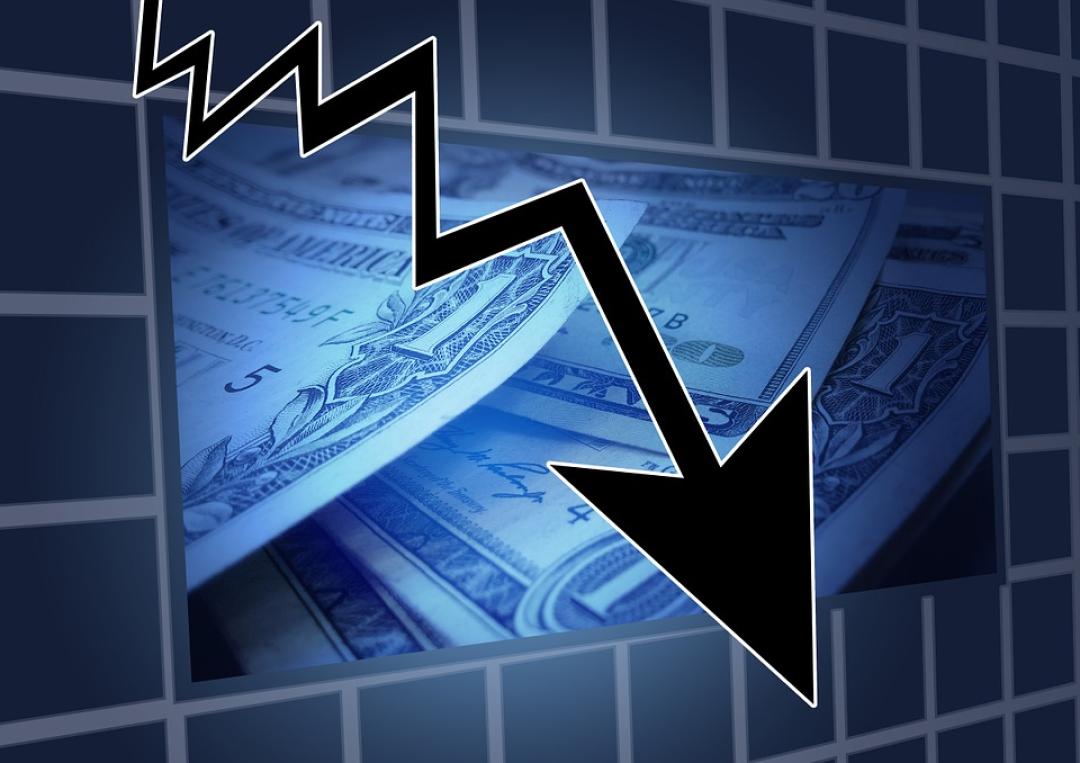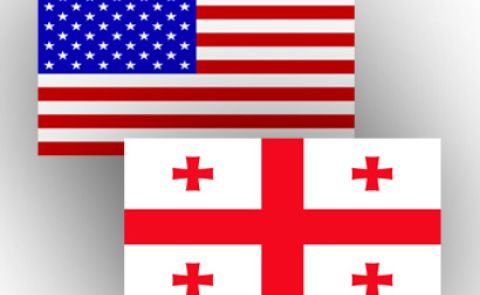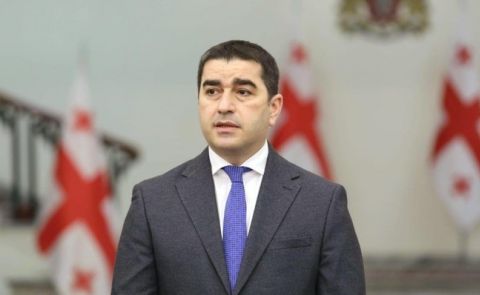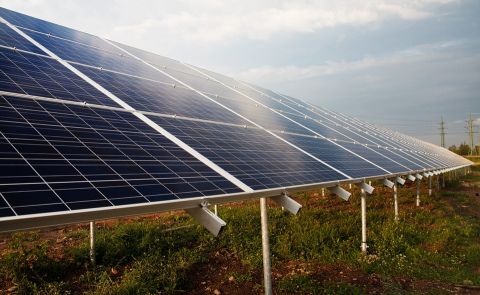
Georgian external debt increases; Lari faces serious devaluation

The Georgian National Bank (NBG) issued a report in which it assessed the countries foreign debt situation. According to the report, Georgia currently owes $17.8 billion (as of 31 March 2019) in external debt, with the tendency to increase in the future.
The state’s external debt amounted to $ 7.4 billion, accounting for 45.9% of GDP, from which the debt of the governmental sector accounts for $ 5.4 billion (33.1% of GDP), the National Bank's commitments - $ 376.4 million (2.3% of GDP) and the state’s enterprise bonds and loans, respectively, sit at $ 810.3 million (5.0% of GDP) and $ 886.2 million (5.5% of GDP).
The external debt of the banking sector amounted to $ 4.2 billion (26.2% of GDP), external debt of other sectors to $ 5.4 billion (33.6% of GDP) and intercompany debt to $ 2.4 billion (14.9% of GDP). 89.7% of the total external debt is denominated in foreign currency.
As for Georgia’s international investment position (IIP), the net IPP amounted to $ 23.5 billion for March 31, 2019, accounting for 145% of the last four quarter’s gross domestic product (GDP). An IIP is a financial statement that explains the value and composition of a country’s external financial assets and liabilities. A positive IIP value indicates a nation is a creditor nation, while a negative value indicates it is a debtor nation, as it is the case for Georgia.
The anticipated drop in tourists from Russia, following Russian President Vladimir Putin’s ban on flights to Georgia, also negatively reflected on the currency market, according to the NBG. “At this stage, it is difficult to make accurate predictions, but according to the initial calculations, the reduction of tourist flows from Russia will affect the Georgian economy by $200-300 million for the rest of the year. This foreign shock is reflected on the balance of payment of Georgia and, therefore, on the currency exchange rate,” read the statement. The Georgian national currency, the lari, has already depreciated in value against the US dollar and the euro in recent days by about 5 tetri.
Still, according to the NBG, the external sector is likely to maintain an improving tendency. “Namely, the trades as well as the current account deficit have a narrowing trend. While the Foreign Direct Investments are down, one-offs with a high import component play an important role. Furthermore, total tourism inflows’ growth are expected to remain positive,” read the report.
Speaking on the current economic situation in the country, Prime Minister Mammuka Bakhtadze admitted that the recent developments have brought dissonance to the Georgian economy, yet said that the macroeconomic factors are still quite healthy. “All of this will be pacified. The country shows stable development. At the same time, each fundamental factor in our economy, which determines the sustainability of the economy, is at quite a high level… we have to work more actively to solve the problems that we face in the short-term period and to implement our government programme in a more effective way,” he said.
See Also


Kobakhidze Meets US Senator Daines to Discuss Bilateral Relations

Georgian Speaker Condemns Embassy Travel Warnings as Economic Attack

Political Crisis Deepens Between Armenian Government and Apostolic Church After Pashinyan’s Remarks

Ramzan Kadyrov Awards Title to Ingush Businessman

